– You joined the Centre for Fundamental Rights as an expert. What are your objectives?
– I'll answer this question with another: why did I get into the security policy analysis business in the first place? Because I felt that through it, I could influence processes that I consider important, perhaps vital. As a lone wolf, I achieved all I could on my own over the past two years. Two books - published in multiple editions - a third in preparation, and countless articles, interviews, podcasts, and other media appearances. However, it became clear to me that I had reached a "glass ceiling" that I could no longer break as a lone wolf. And, as a lone wolf, this is the moment when you join the pack. What attracted me most to the Centre for Fundamental Rights is that they are not engaged in sterile academic navel-gazing. For me, knowledge is only valuable if it's a form of action.
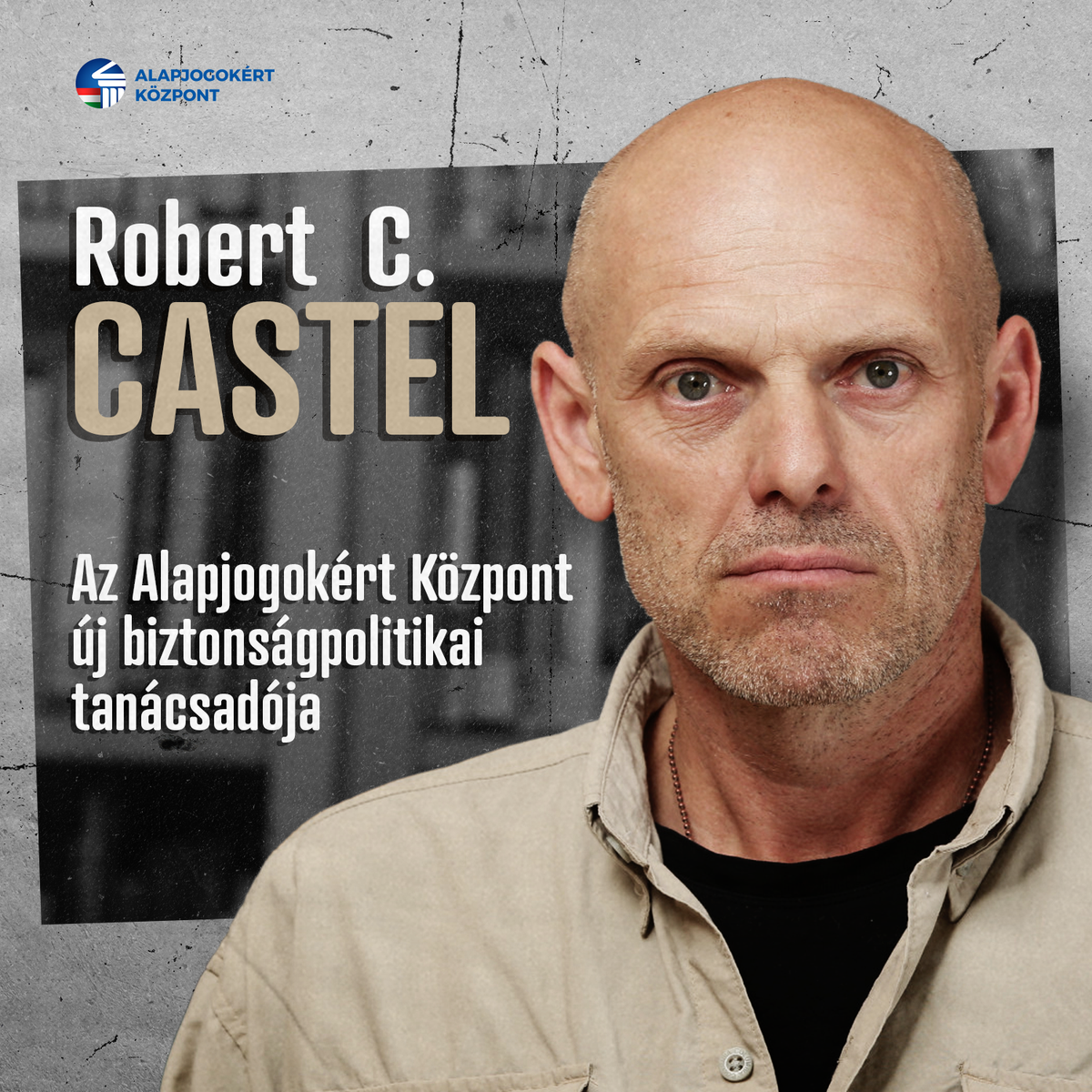
– In Israel, voices calling for the release of the hostages have amplified once again. What dilemma does the Israeli government face in this regard?
– The dilemma, or rather "trilemma," that we are impaled upon is not new. This tension already existed between the prophet Samuel and King Saul. The prophet can afford to take the pure moral stance. The king, standing on Machiavelli's shoulders and trying to look toward the future, cannot afford that luxury. To use a Talleyrandian turn: for the former, the only red line is sin, for the latter, it's making a mistake. And small nations cannot afford to make big mistakes. The king has no civil rights, nor even basic human rights. He cannot afford to be heartbroken, even when ordinary men would be shattered by the sight of tragedy. He must make cold and calculated decisions, and in this multivariate equation, the hostages must have a voice, but no veto. There are many other interests at play, and when the ship’s fate is at stake, a clever merchant will throw even his most valuable goods overboard to save the vessel. He who cannot bear this burden, and cannot renounce the human right to love, should not be king. When it comes to prophets, admission is always open.
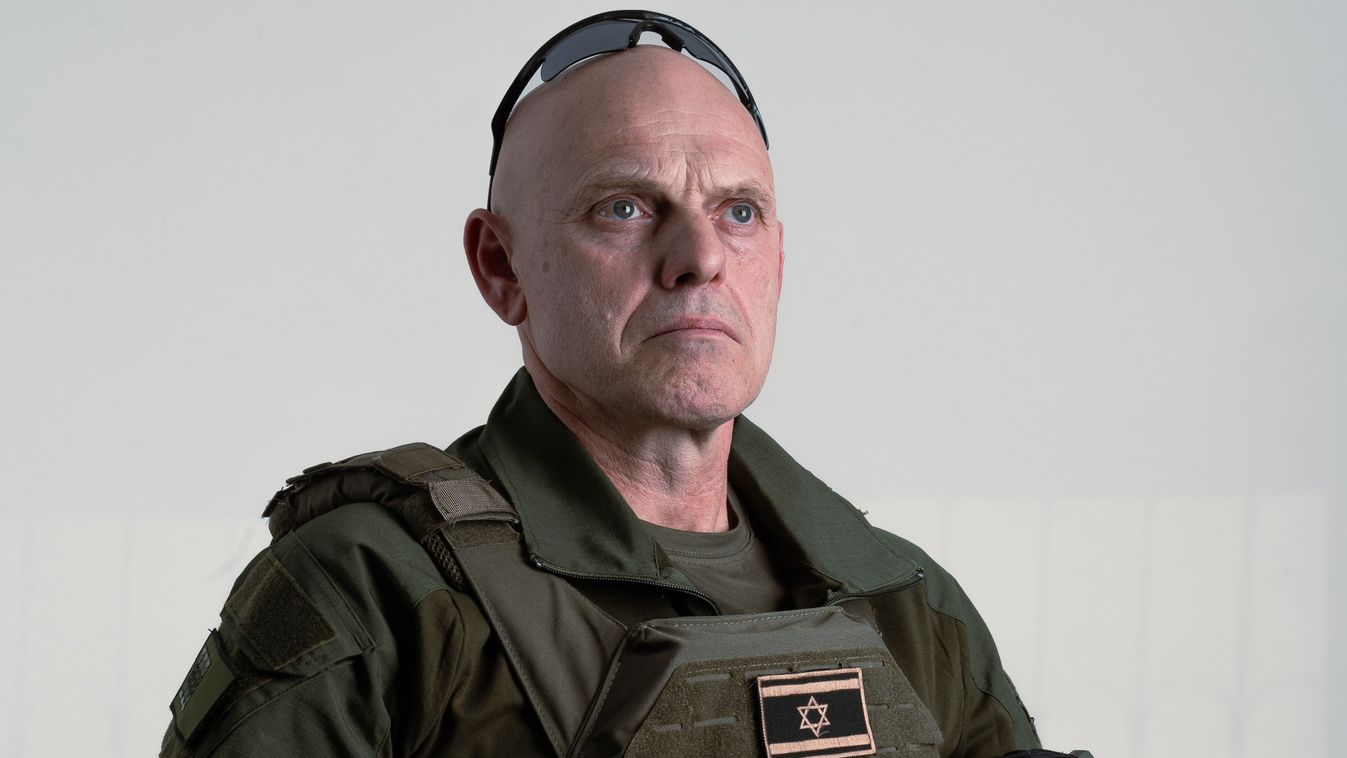
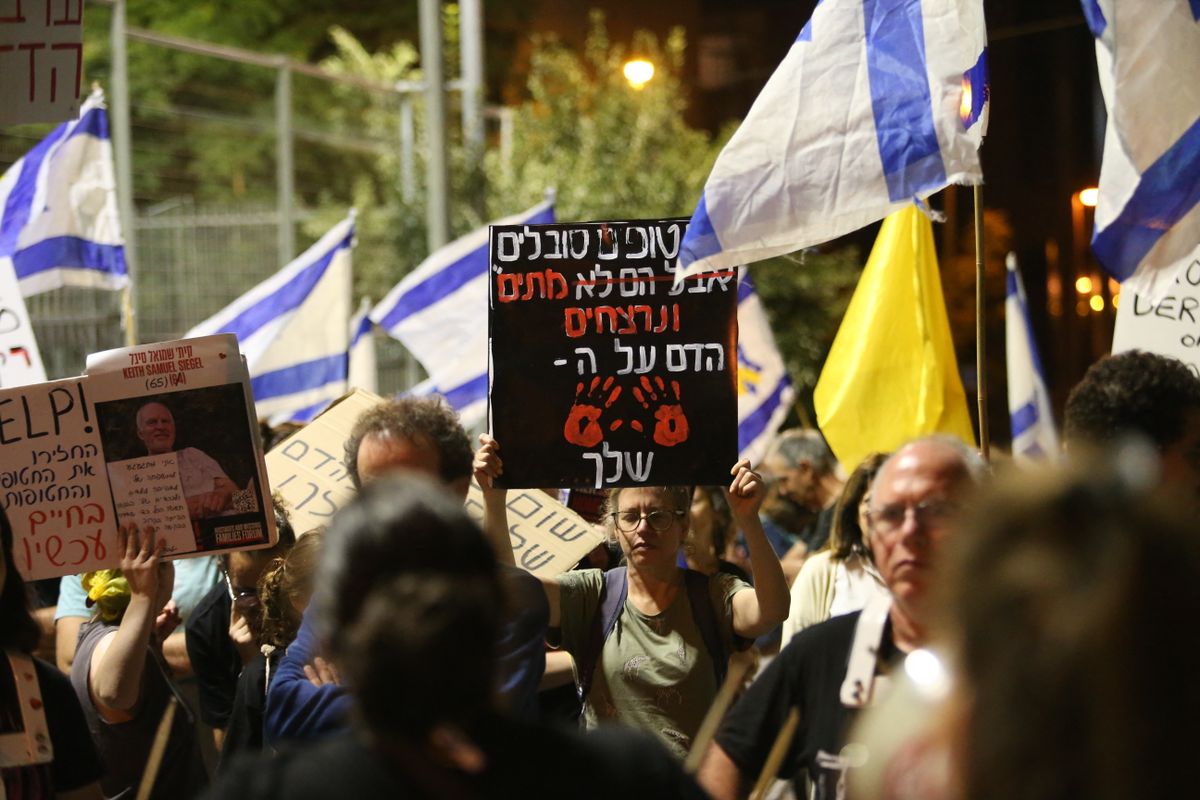
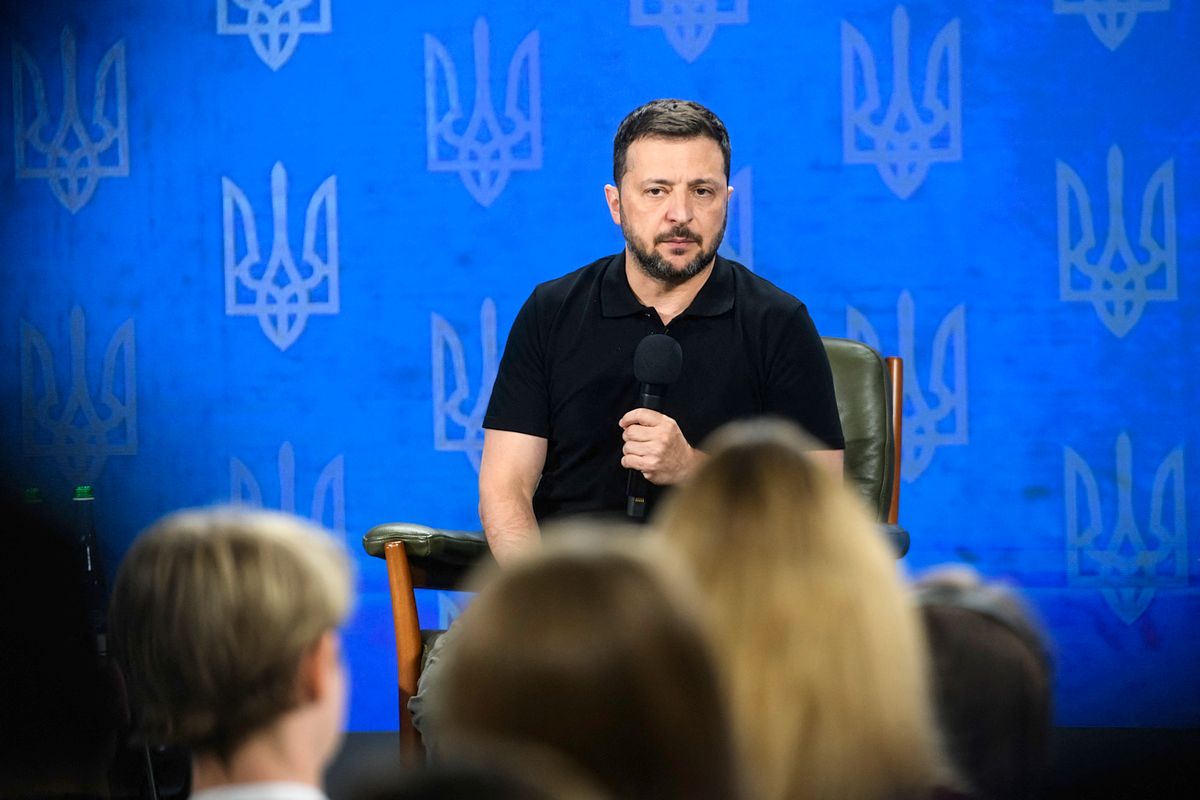


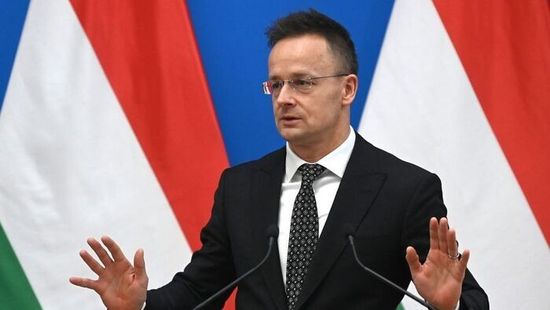

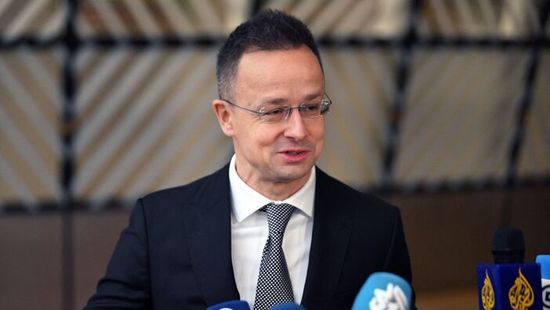

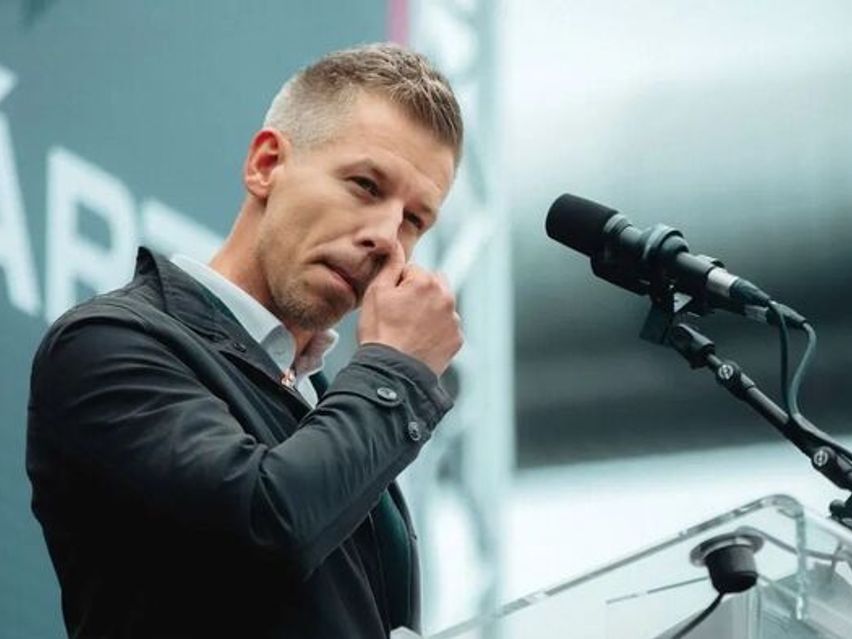
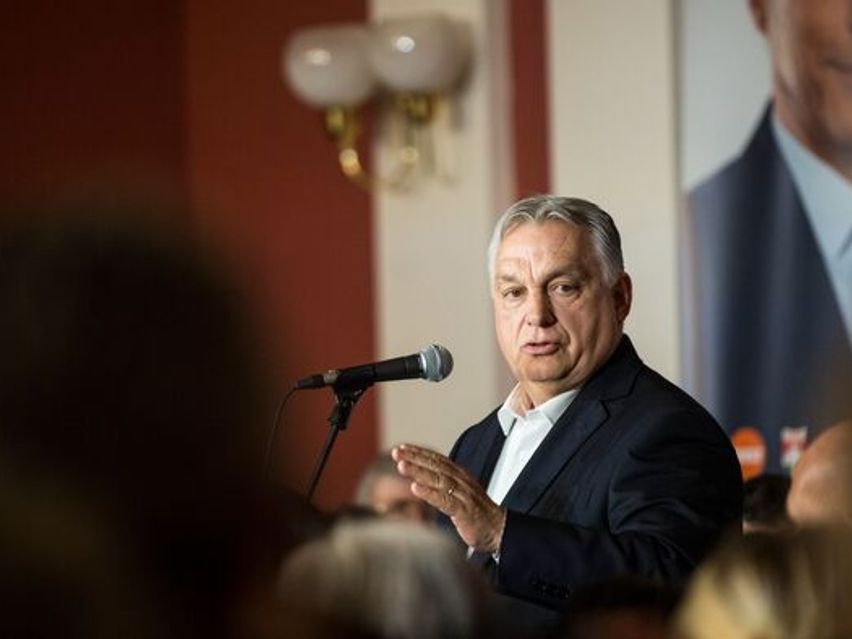
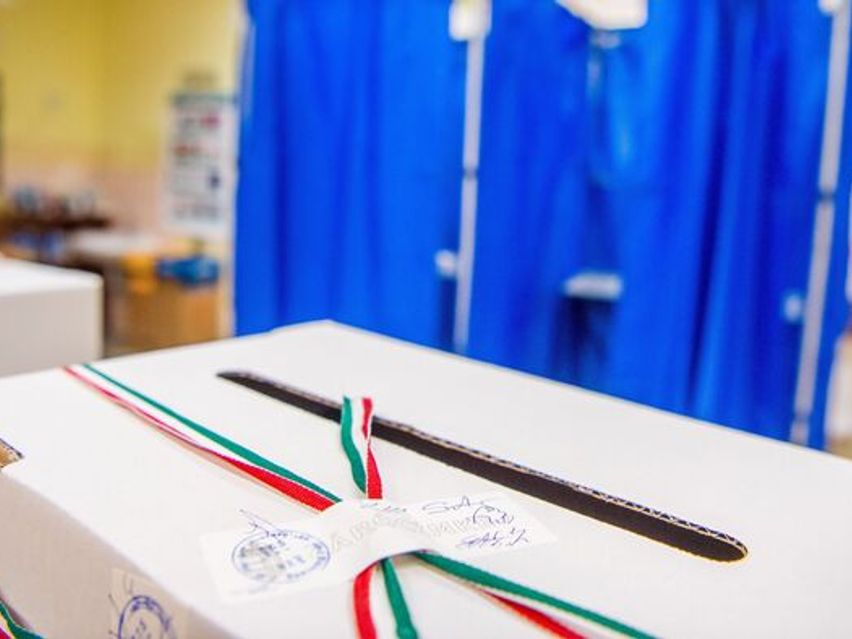


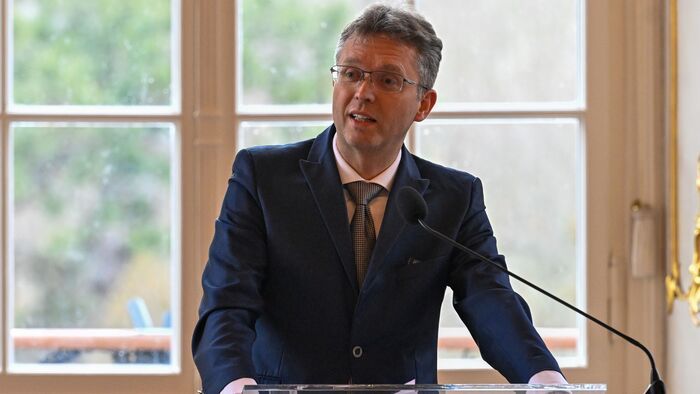
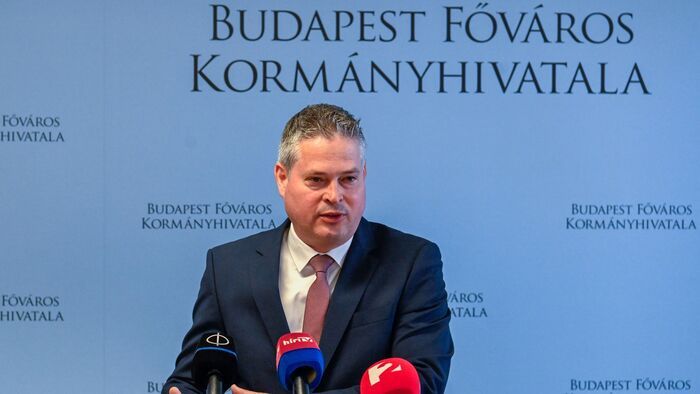
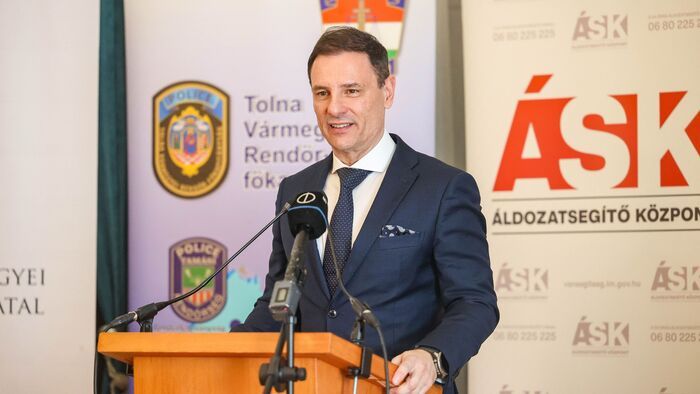
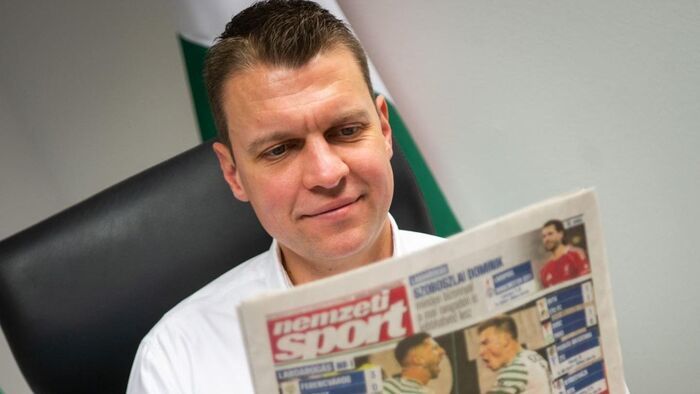
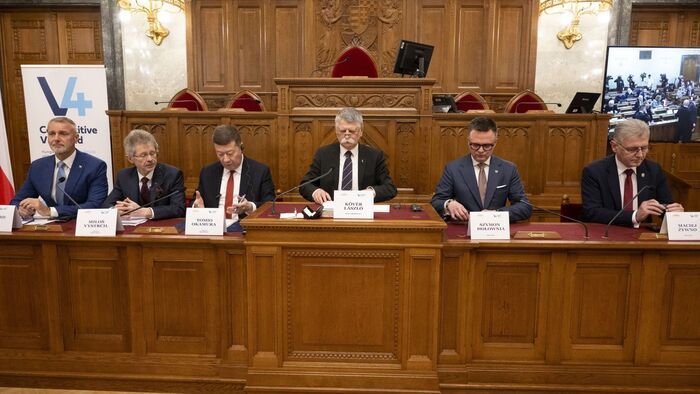
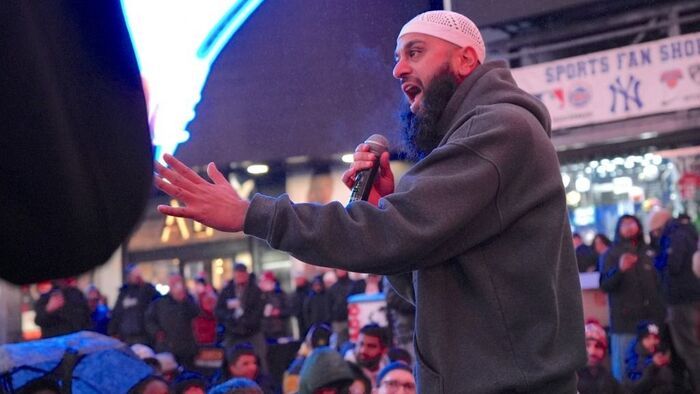
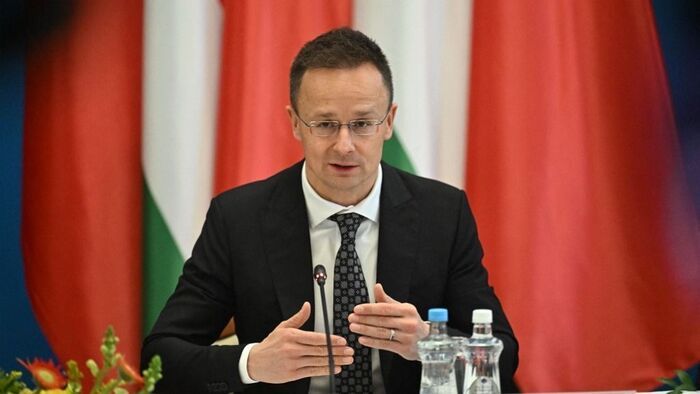
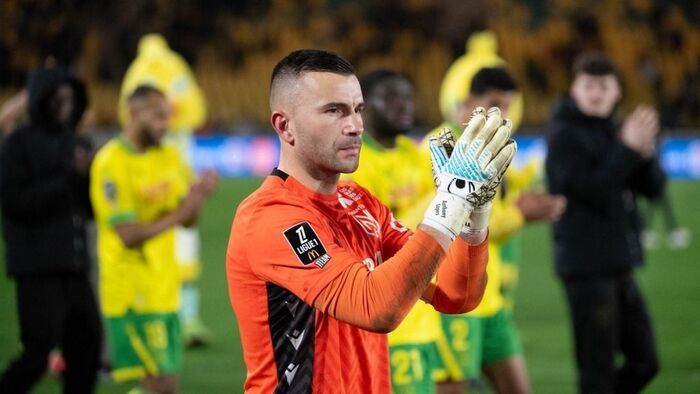



Szóljon hozzá!
Jelenleg csak a hozzászólások egy kis részét látja. Hozzászóláshoz és a további kommentek megtekintéséhez lépjen be, vagy regisztráljon!